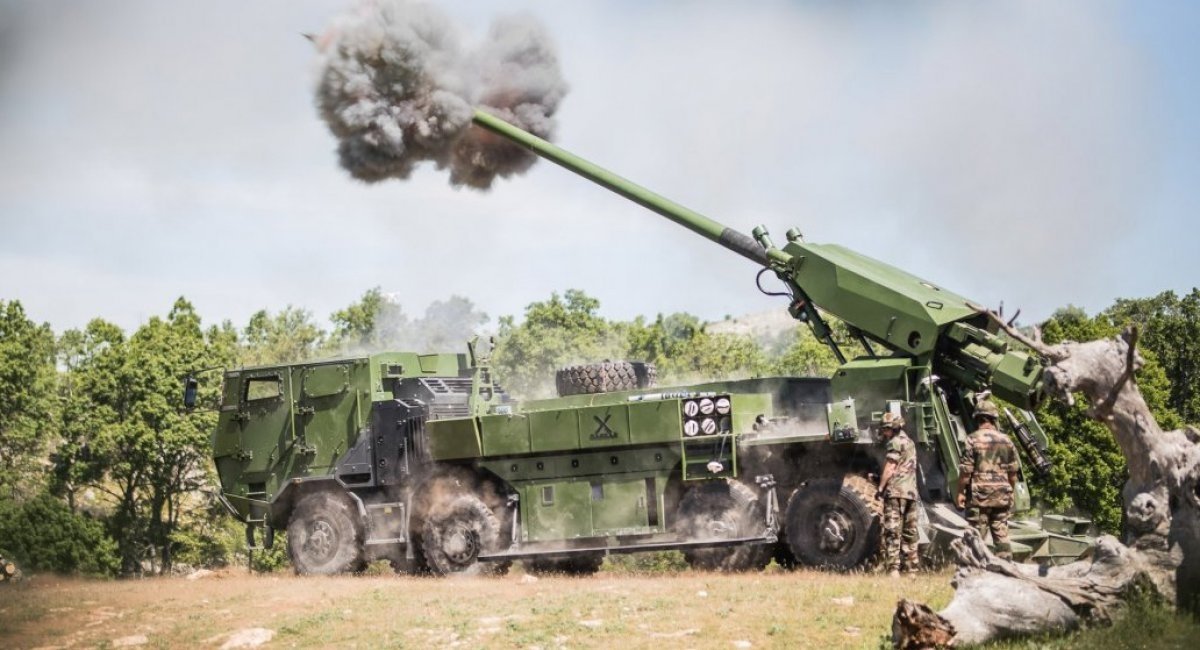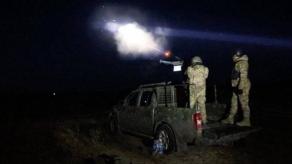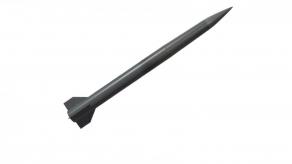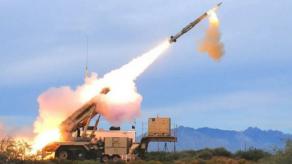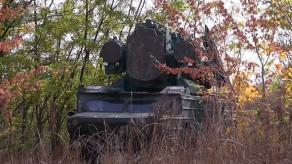In the Czech Republic, the project to purchase 155 mm CAESAR self-propelled guns with an 8x8 Tatra chassis is under threat. This could not only lead to delays in the project, but also to its complete cancellation, which would have serious consequences for the country's industry.
The Czech Armed Forces conducted a series of technical analyses of the documentation for the NATO artillery gun project, concluding that several critical parameters may not be met. The full list has not been disclosed, but it reportedly includes increased firing range, improved firing efficiency, and ammunition interchangeability.
Read more: U.S. Sets New Deadline For Failed Ammo Production Ramp-Up to a Million Shells Yearly
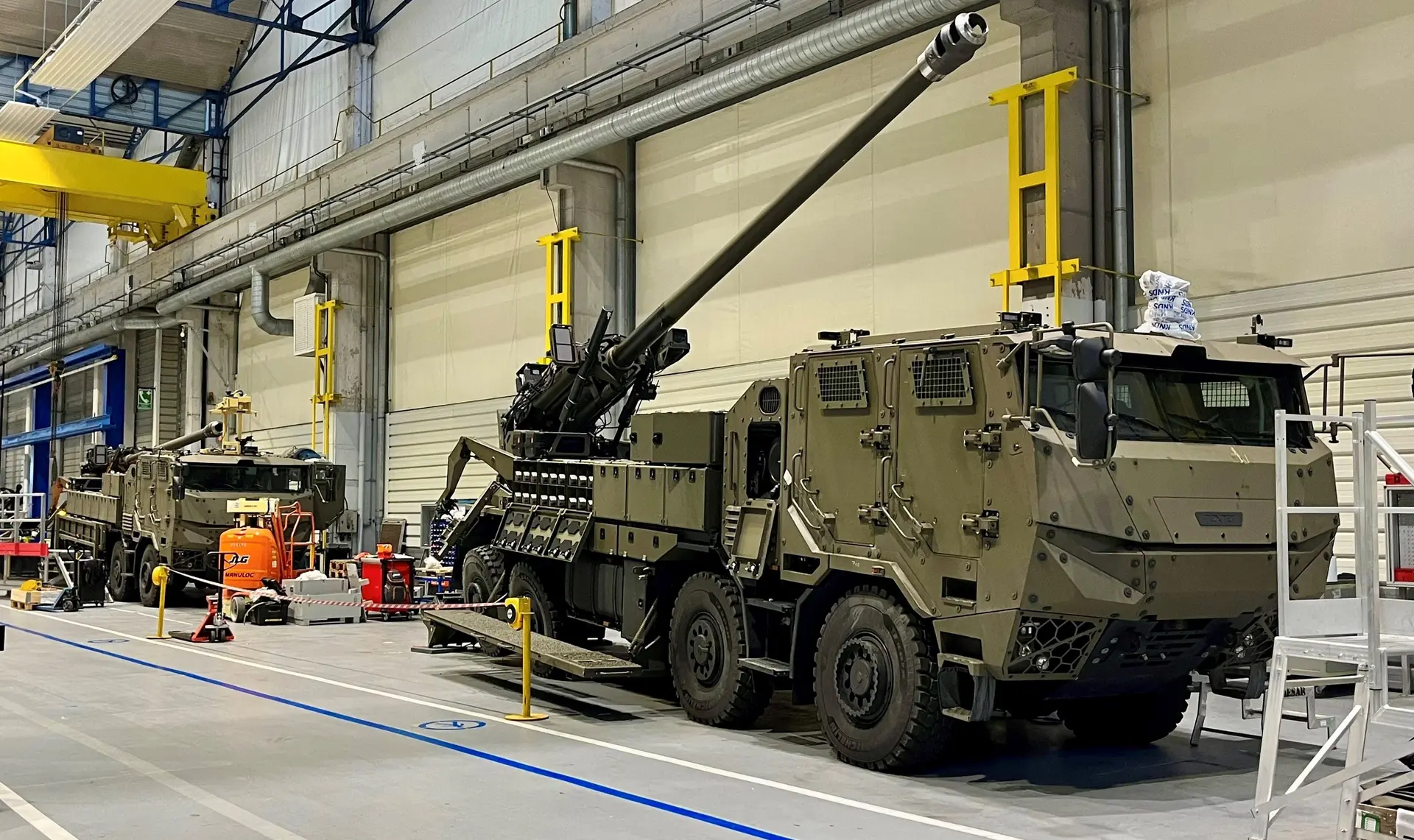
This sounds very strange, because this variant of the CAESAR self-propelled gun is successfully used in Ukraine, where it has been highly praised for its effectiveness and automation. This results in a rather unclear situation, with multiple possible explanations.
The first reason is technical, namely the high requirements set by the Czech military. In other words, while the artillery system is generally considered effective, it still fails to meet certain formal requirements that may have been set earlier in the program.
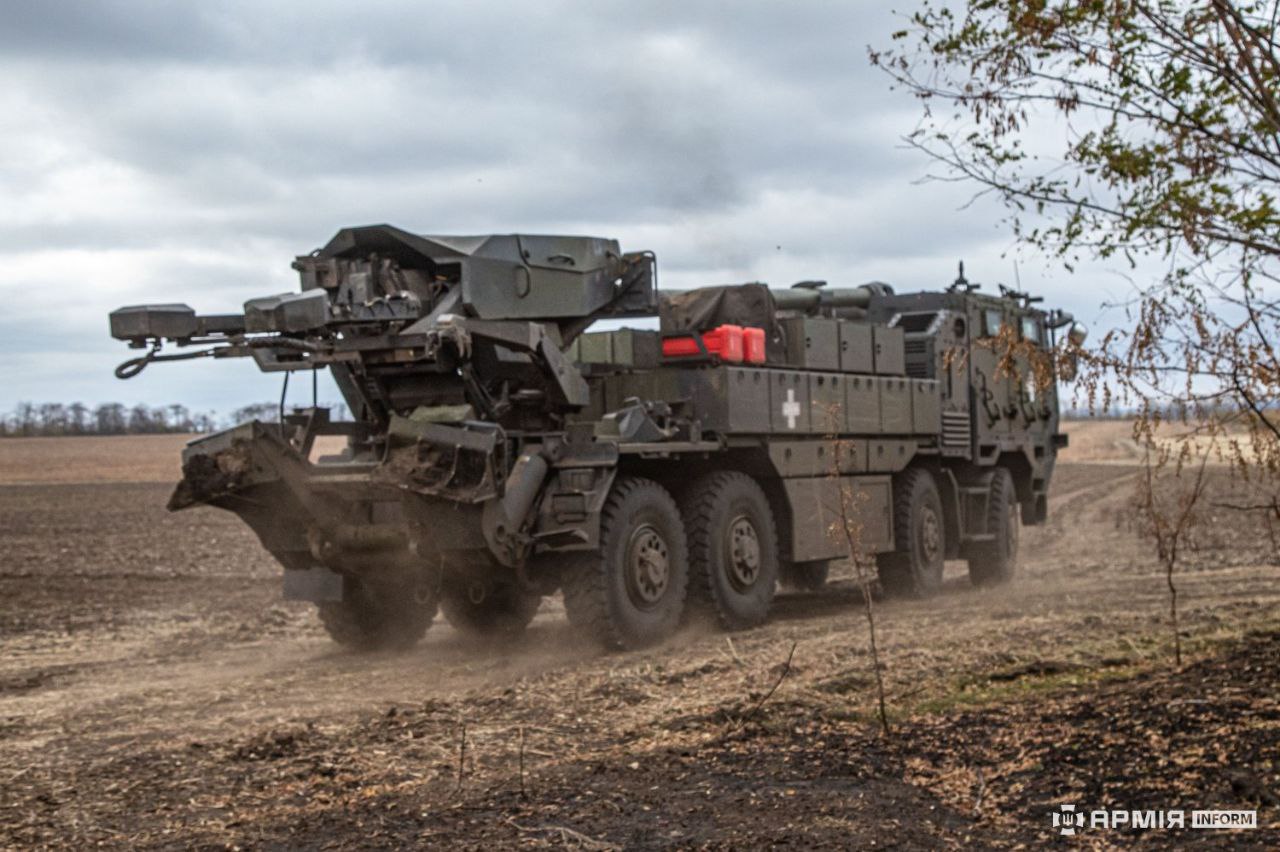
It should be recalled that the Czech Republic ordered 52 155-mm CAESARs back in 2021 for 8.5 billion Czech korunas, or 335 million euros. It is noted that as of today, 7.2 billion korunas have already been paid, which is more than half of the program's cost. Deliveries are expected to begin in 2026.
Another important aspect to consider is the political one. The country's defense ministry statement notes that the purchases were made under the previous government, which supports this theory. This is also suggested by the constant references to the project's impact on the Czech defense industry.
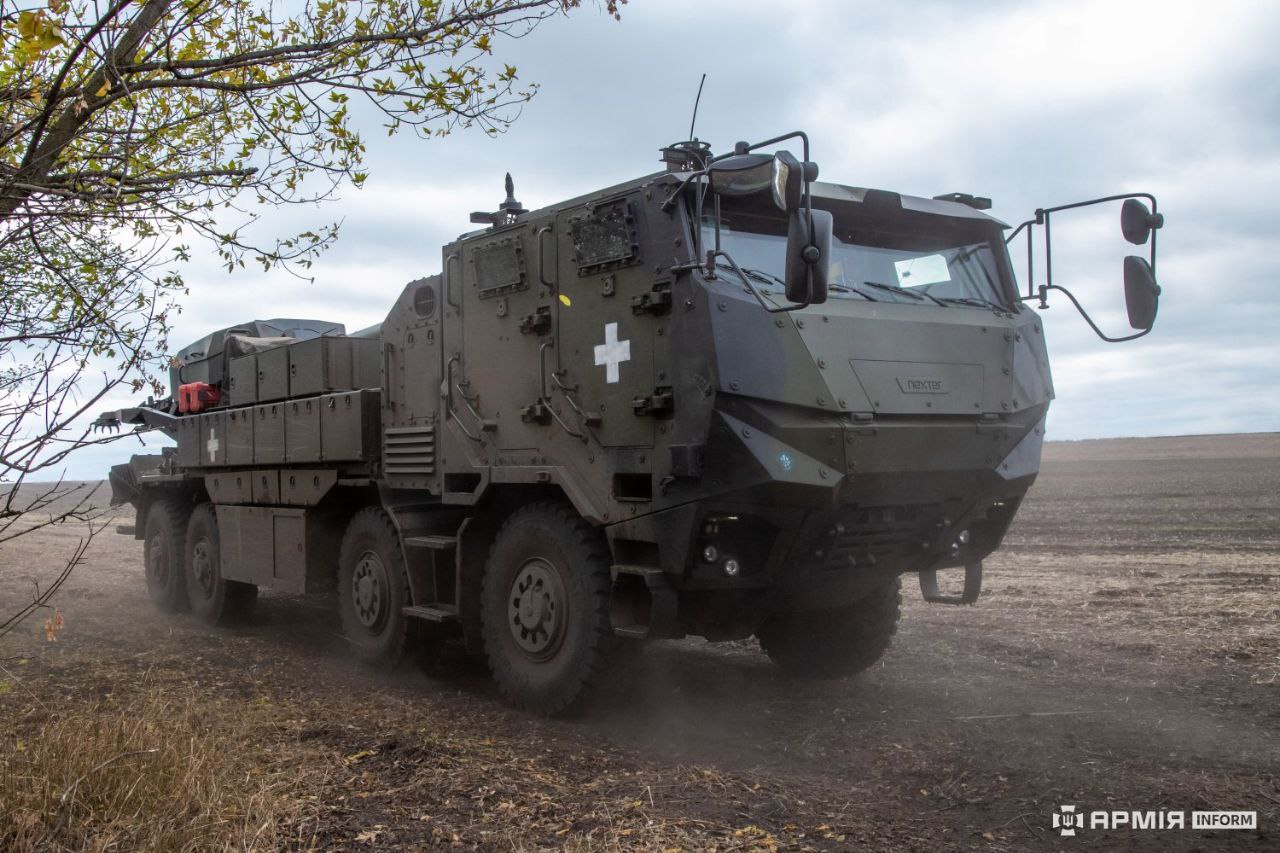
It is noted that the cancellation of this project will affect two other major defense projects. These are the integration of an automatic fire control system worth almost one billion kroner and the production and supply of 155 mm artillery ammunition, which could cost up to 12 billion kroner, or $572 million.
It is currently known that the Czech Ministry of Defense has informed the contractor, KNDS France (Nexter), of its concerns. At the same time, fulfilling the agreement seems to be the most favorable outcome achievable through further negotiations.
Read more: NATO, Ukraine Test Means Against russian Guided Aerial Bombs, Plan to Deploy Them This Year




